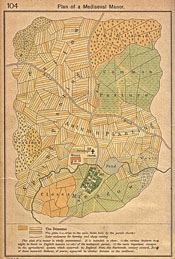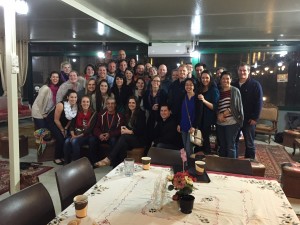 My previous two posts on the upcoming Nies Lecture (Thursday, April 16, at 4:30pm — it’s not too late to register!) attempted to sketch out where I think Prof. Smith is headed, based on the abstract and his previous work. In this post I want to reflect for a moment on the implications of viewing copyrights as a type of semicommons.
My previous two posts on the upcoming Nies Lecture (Thursday, April 16, at 4:30pm — it’s not too late to register!) attempted to sketch out where I think Prof. Smith is headed, based on the abstract and his previous work. In this post I want to reflect for a moment on the implications of viewing copyrights as a type of semicommons.
Copyright was born, in the eighteenth century, with a focus on who had the right to print, publish, and reprint works of authorship. That is, the concern was to exclusively reserve the manufacture of complete works — books, maps, and nautical charts — to the person who created them, or any downstream purchaser of those rights. Although the copyrighted work is intangible — it is the particular creative expression that is embodied within a book, map, or chart — for the first century or so of its existence that expression as a practical matter had a one-to-one correlation with physical objects. In that realm, it is easy to conceive of the property rights assigned by copyright, and the open access rights to the public domain, as dividing lines dividing up an imaginary space — this tract over here is the book Moll Flanders, which is owned by X; that tract over there is public domain, and thus can be used by anyone.
Over the course of the nineteenth century and into the early twentieth, that early, simple framework broke down as courts embraced the notion that the intangible object protected by copyright could be infringed in ways other than reprinting physical copies of the original.


